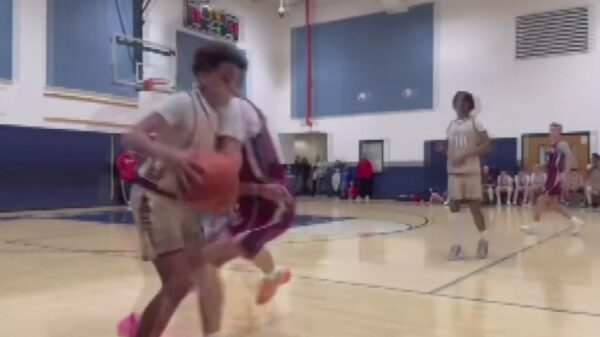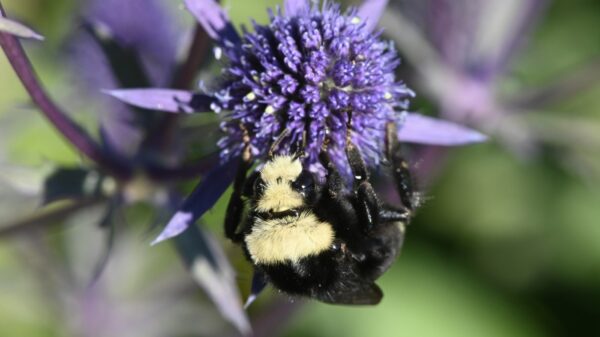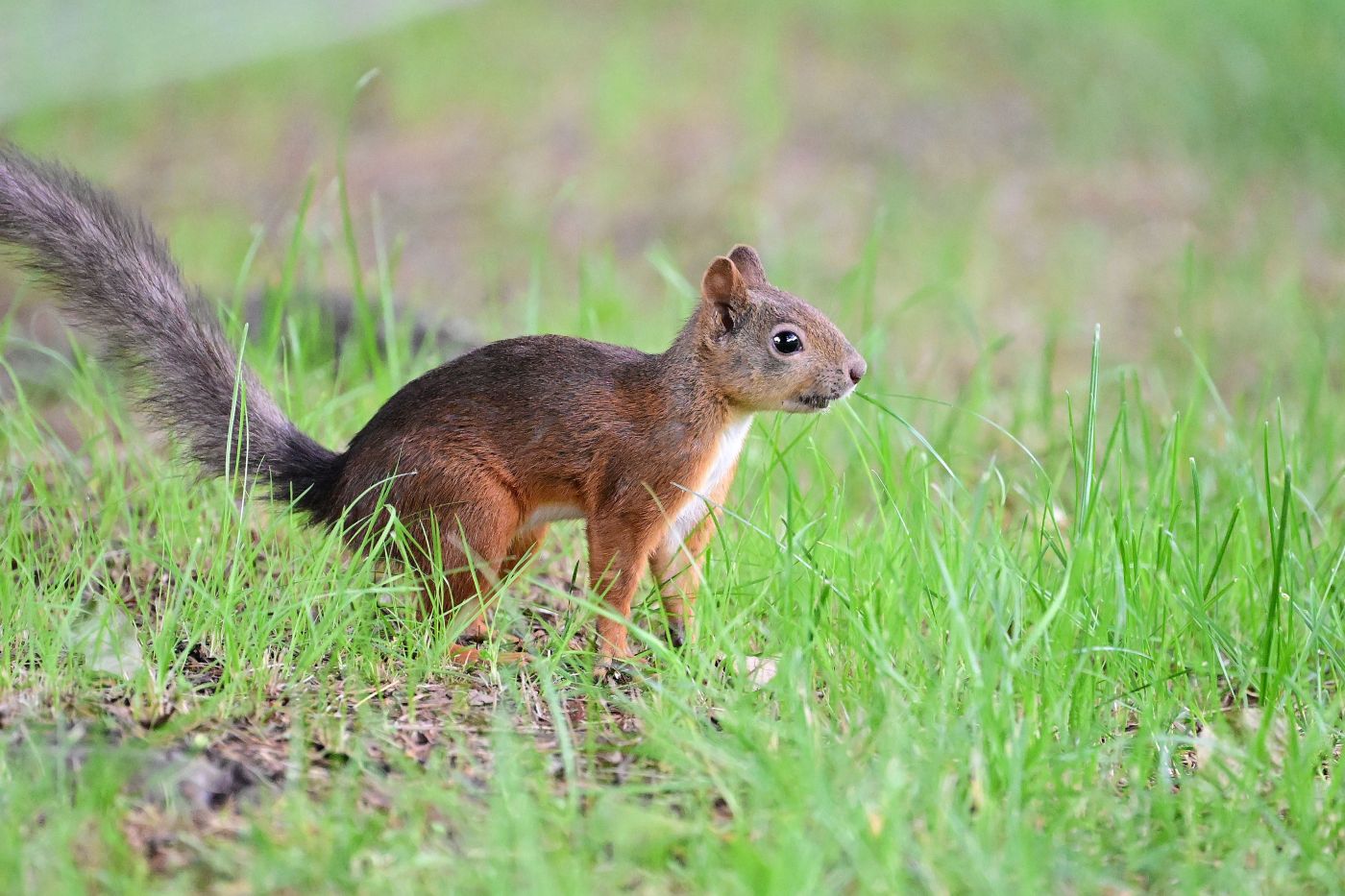Residents in San Jose are discovering unexpected damage to their gardens as squirrels chew through irrigation lines. One local couple, who wished to remain anonymous, found a nearly 1/4-inch hole in their drip irrigation system, prompting them to investigate the cause. After observing a squirrel gnawing on the line, they sought advice on why these creatures would target their water source.
Squirrels are known for their strong instincts to chew, particularly on materials like plastic tubing. According to local gardening expert Joan Morris, these animals are often motivated by the search for water, especially during periods of heat. “When squirrels lack a reliable source of water, they will resort to anything they can find,” Morris explained. Given the recent warm weather in California, it is likely that the squirrels were simply looking for a drink.
The chewing behavior of squirrels, as well as that of other rodents like rats, stems from the continuous growth of their teeth. If they do not gnaw regularly, their teeth can overgrow and cause serious health issues. While squirrels prefer harder surfaces, they will often experiment with various materials, including irrigation lines.
Protecting Your Irrigation System
Homeowners facing similar issues can take proactive steps to safeguard their irrigation systems. Morris recommends several methods, including burying the lines or wrapping them in wire mesh. Another option is to apply a hot pepper spray designed to deter rodents. Many commercially available products claim to be effective, although results may vary.
For those seeking a more harmonious approach to wildlife management, Morris suggests providing alternatives for squirrels. Setting out a dish of water or offering chewable items such as salt blocks or wood kindling can redirect their attention away from irrigation lines.
Concerns about Coyote Safety for Pets
In another query, a resident named Bruce Silverman expressed concern for his elderly dog, Elvis, who is moving to a new community known for its coyote population. Silverman highlighted the risks of leaving pets unattended outside, especially at night, where coyotes are known to roam.
Morris advised Silverman to consider removing the automatic dog door to prevent Elvis from wandering out unsupervised. “Humans are the best protection smaller pets have against coyotes,” she stated. When pets need to go outside, owners should accompany them to ensure their safety.
While coyote vests can provide some protection against bites, Morris cautioned that they are not foolproof. Coyotes may still be able to grab a pet by a leg, which reinforces the importance of human oversight. Additionally, motion-activated lights or devices that mimic predator eyes can help deter coyotes from approaching patios.
The Animal Life column, which addresses various wildlife-related questions, continues to be a valuable resource for residents navigating the challenges of coexisting with local fauna. For inquiries, readers can contact Joan Morris at [email protected].








































































